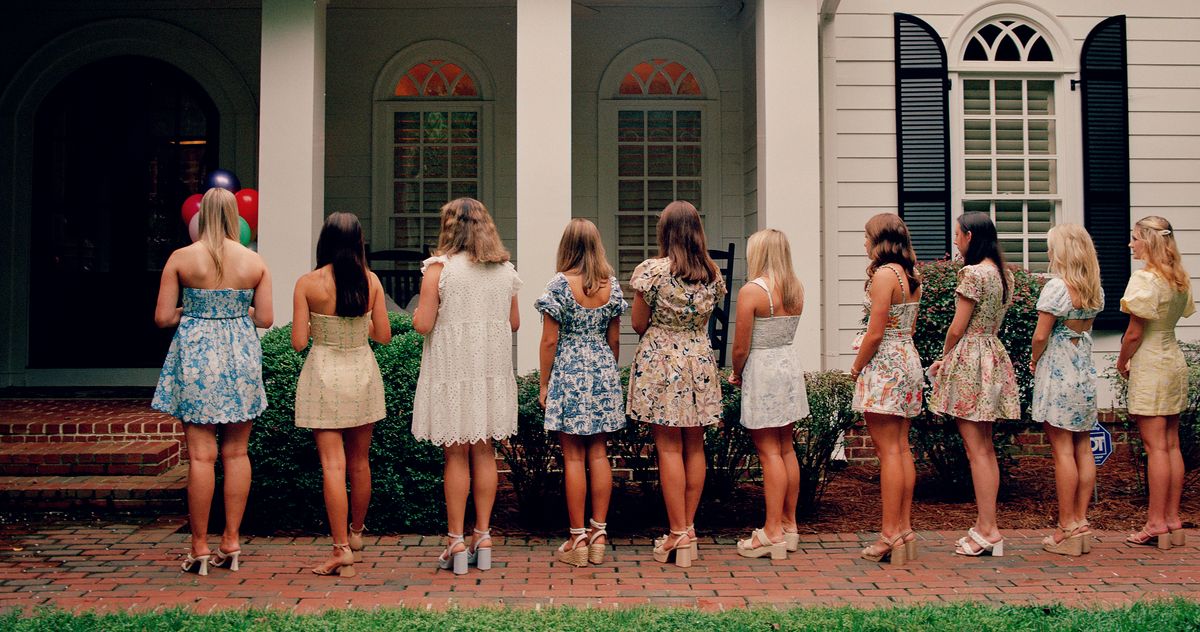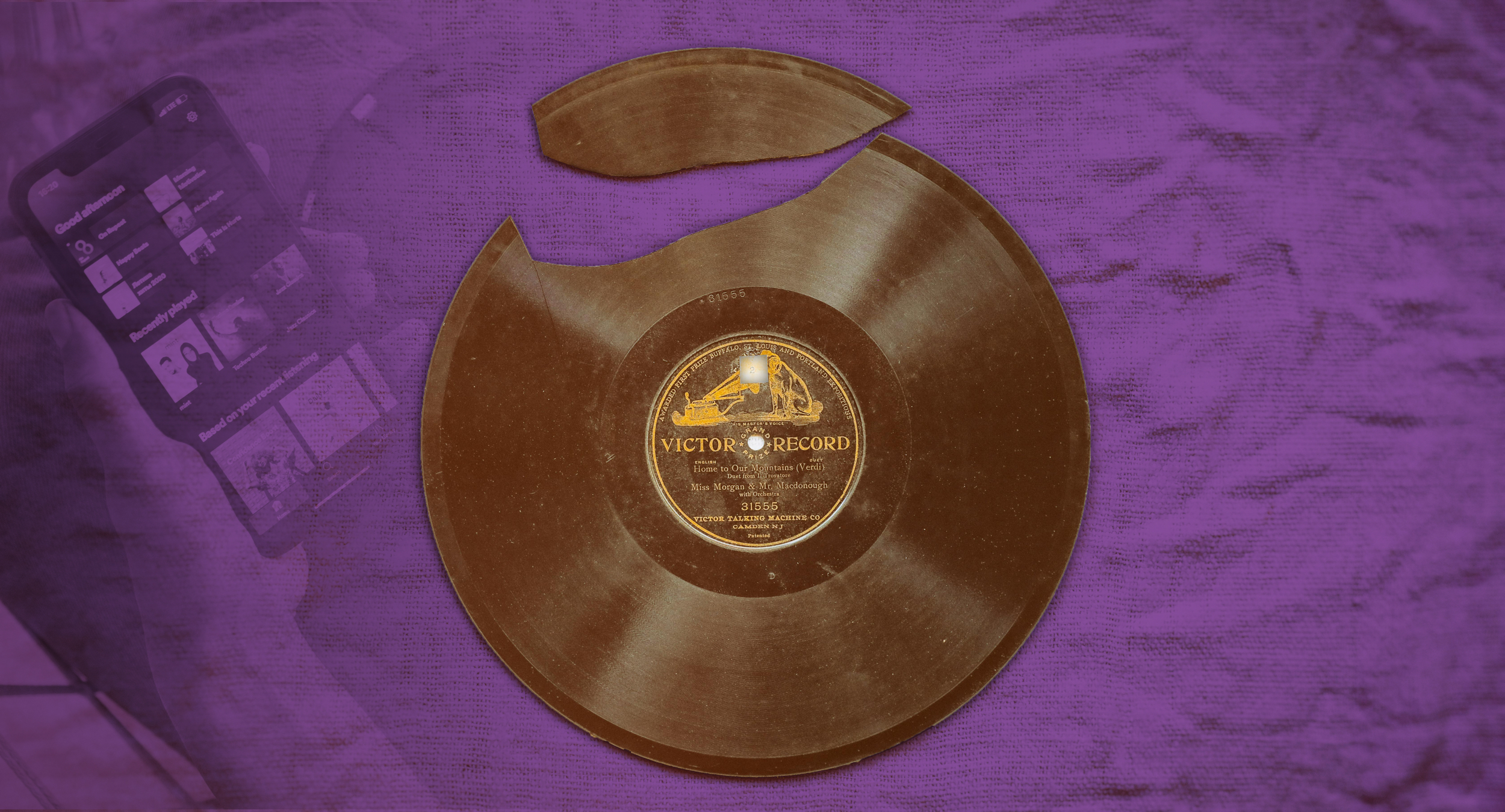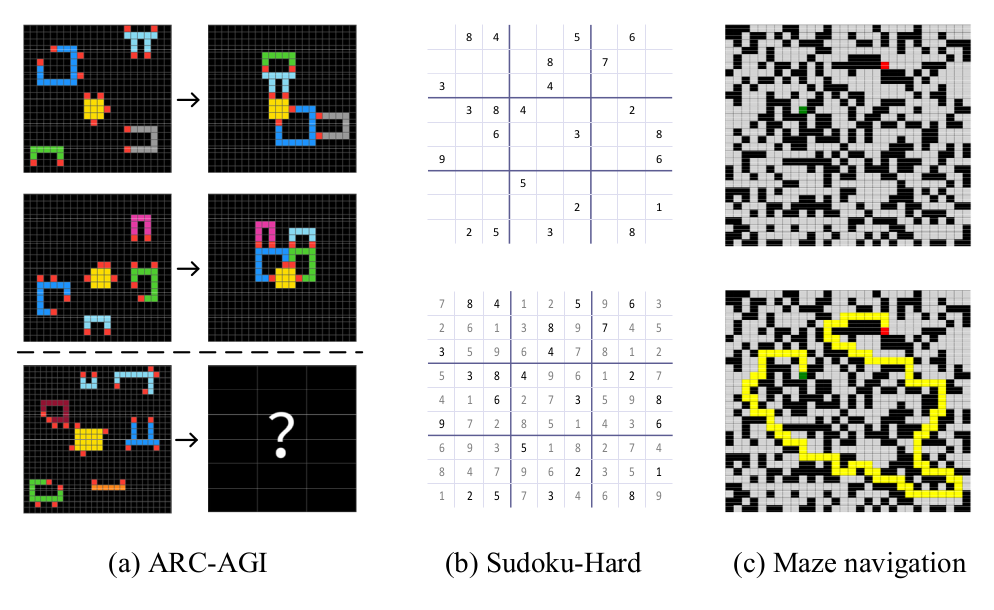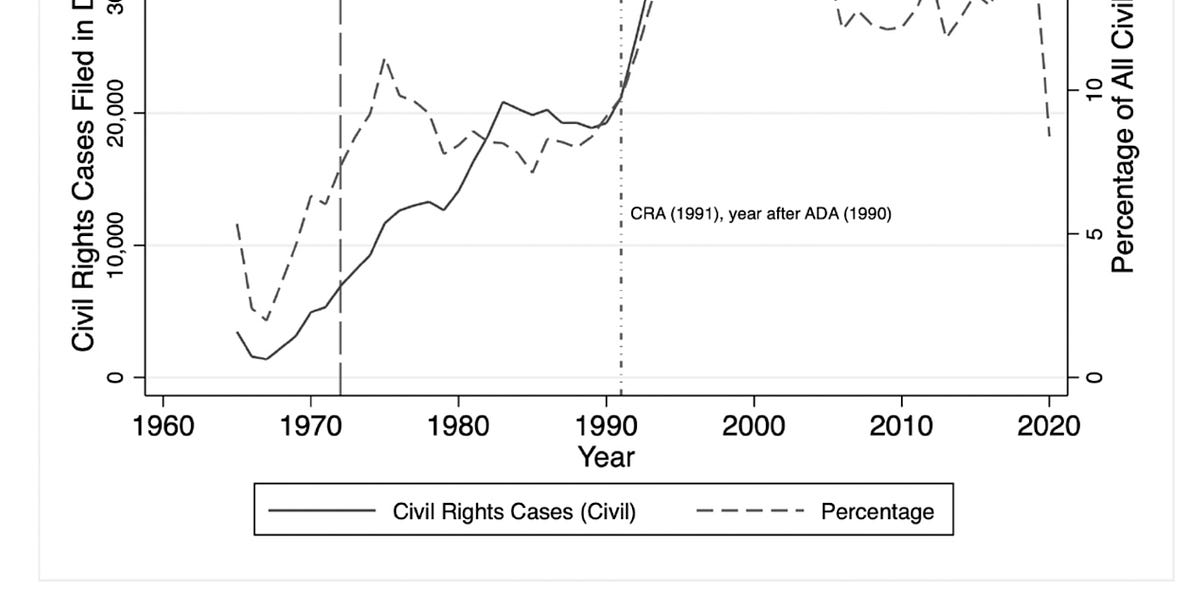
Faith in Finance? China’s Temples Embrace Consumer Culture
As Chen Mengyao steps onto the timeworn stone floor of a centuries-old Buddhist temple in Shanghai, she instantly feels a sense of serenity. Yet, her visit today has little to do with religious devotion.
Amid the rush of a fast-paced city, temples offer this 30-year-old marketing professional — and many others like her — something rare: a pause.
However, this ancient sanctuary has not been frozen in time. Just outside the main hall, among the weathered stone and intricate carvings, is a bustling scene of modern commerce. Long lines stretch from its vegetarian restaurant, while the gift shop overflows with visitors eager to snap up accessories, from prayer pouches to handmade bracelets.
Unable to resist picking out a few souvenirs, Chen often ends her visits by spending up to 200 yuan ($28) on trinkets, and that’s on top of her usual incense offerings.
Across China, temples are quietly transforming into destinations for lifestyle consumption. Brand crossovers, cafés, vegetarian cuisine, and even venture capital activities now form what some call the “temple economy.” This blending of spirituality and commerce is reshaping not only the temple-goers’ experience but also the role these institutions play in society.














